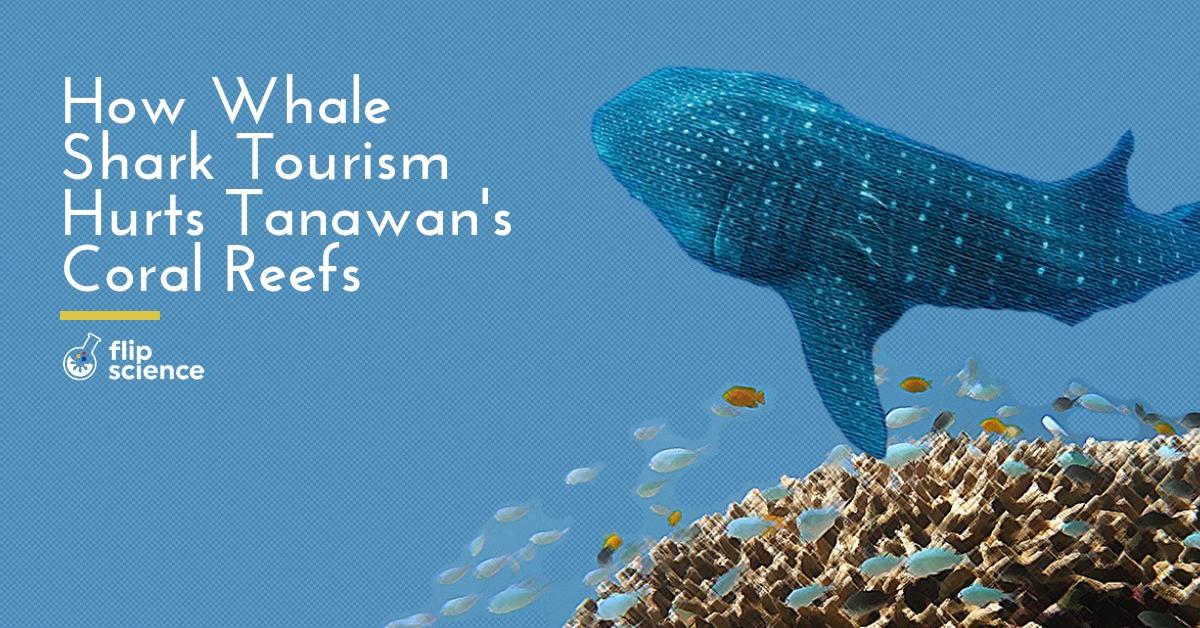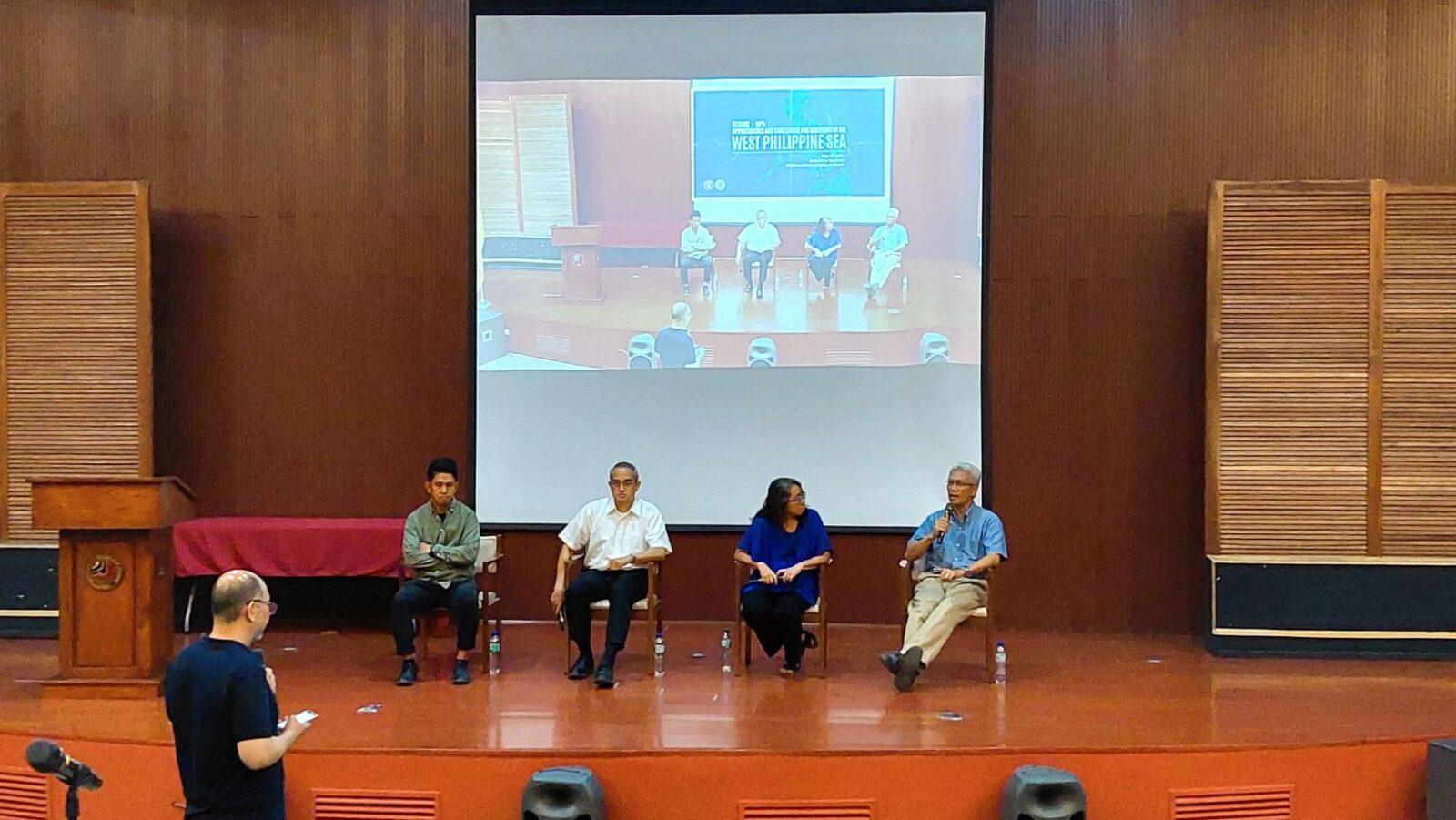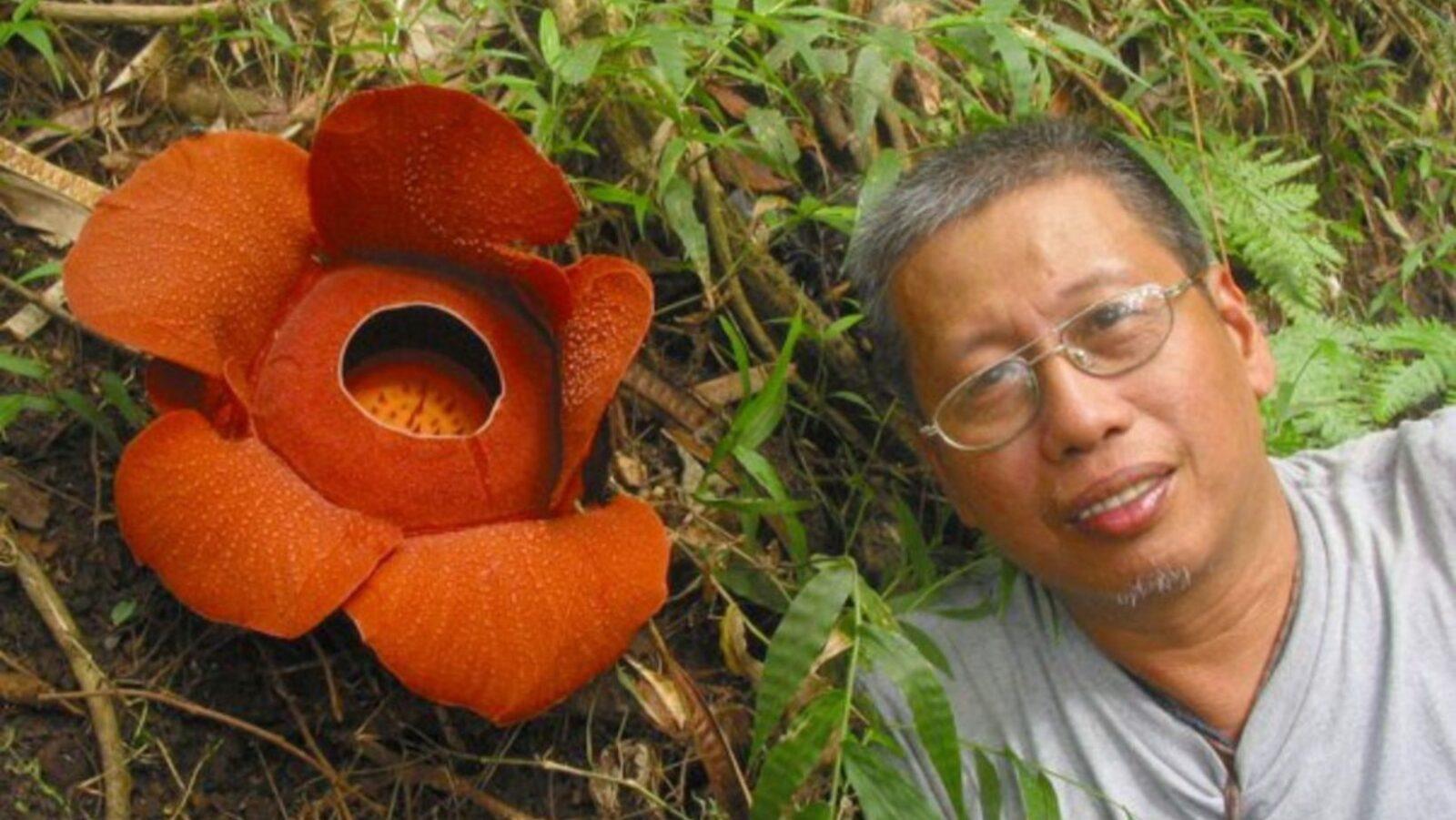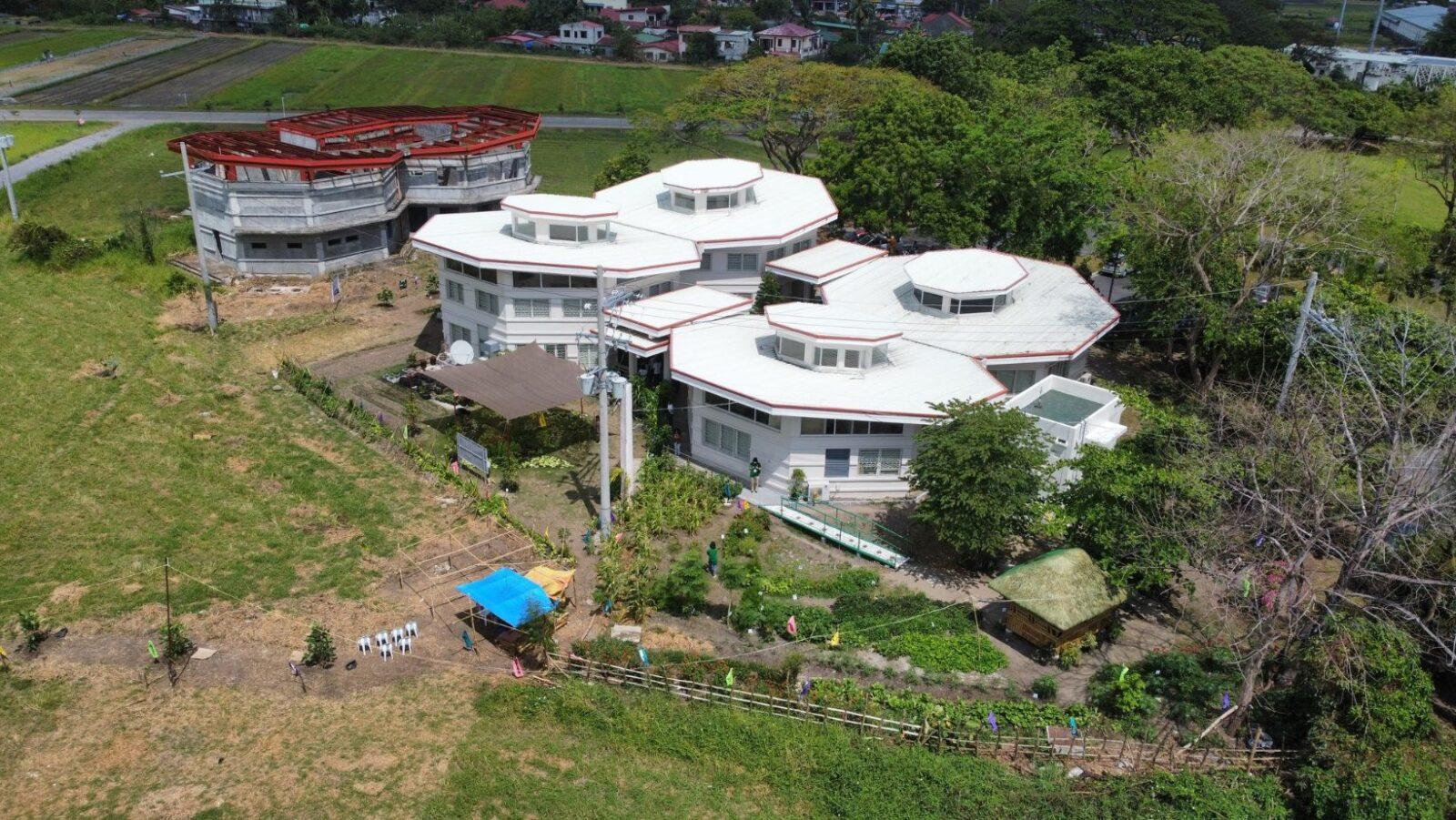• Researchers from Hong Kong, Guam, and the Philippines examined the impact of whale shark tourism in Tanawan, Oslob on the coral reefs in the area.
• They discovered that the marine ecosystem had deteriorated, coral density went down, and macroalgae became more abundant.
• Better management strategies must be put in place to make whale shark tourism a more sustainable endeavor.
Since 2011, tourists have been flocking to a small village along the south coast of Cebu. Tanawan (or Tan-awan) in Oslob has become nearly synonymous with whale shark tourism: In 2015, it attracted a whopping 300,000 tourists, a number that has steadily increased since then. To sustain the demand, the local tourism association allocates up to 50 tons of shrimp (“uyap“) each year for feeding the whale sharks.
Unfortunately, the municipality’s booming tourism industry came with a price — one that, until recently, no one seemed to have realized.
Grief for the reef
According to a study published in Environmental Management, these tourism-related practices have negatively affected Tan-awan’s coral reef ecosystem.
A team of researchers from Hong Kong University (HKU), the University of Guam (UoG), and the Large Marine Vertebrates Research Institute Philippines (LAMAVE) examined the impact of increased shrimp provisioning and tourism on the coral reefs. They conducted a research expedition in Oslob in 2015, in cooperation with the local government. They found that Tanawan’s coral density and biodiversity had diminished. Furthermore, only the weedy (Pocillopora) and stress-tolerant (Porites) coral varieties managed to proliferate.
The scientists also noted increased nitrogen inputs resulting from human activity. Research shows that an overabundance of nitrogen impairs coral growth, as the nutrient disrupts the symbiosis between corals and the photosynthetic algae (zooxanthellae) inside them.
“It is vital for all stakeholders to understand that the environmental and societal well-being go hand in hand,” said study co-author and HKU professor Martin Wong. “I hope that everyone can come to the table to contribute to management and conservation efforts to reverse the trend of reef degradation in Tan-awan.”
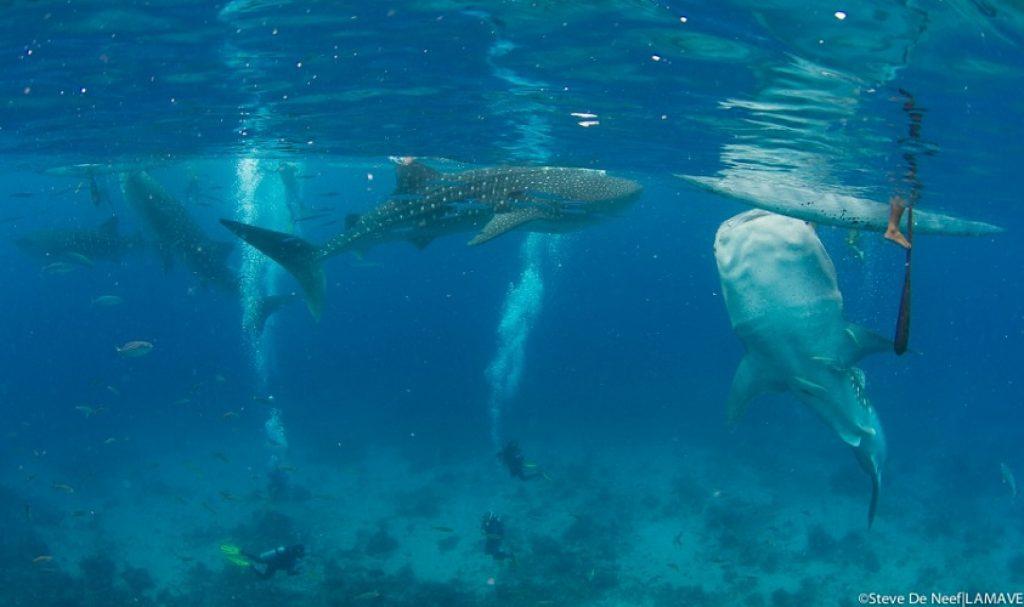
Responsible tourism
The researchers urged Tanawan’s local government to take action in developing a more sustainable tourism model.
According to Dr. Alessandro Ponzo, LAMAVE’s Executive Director and study co-author, local authorities can use the data to “look further into the long-term and broader ecological impact of mass tourism activities, in Oslob as in many other areas in the country[.]”
He also explained that keeping local coral ecosystems healthy will conserve marine resources and ensure local food security.
Cover photo: Mauricio Handler/National Geographic; Andrey Samsonov via flickr
References
- https://appliedecology.cals.ncsu.edu/absci/2014/02/nutrients-and-coral-growth-nitrogen-impairs-but-phosphorus-aids/
- https://link.springer.com/article/10.1007/s00267-018-1125-3
- https://www.scifac.hku.hk/news/whaleshark1
Author: Mikael Angelo Francisco
Bitten by the science writing bug, Mikael has years of writing and editorial experience under his belt. As the editor-in-chief of FlipScience, Mikael has sworn to help make science more fun and interesting for geeky readers and casual audiences alike.

